These inspiring people-powered successes will renew your hope and feed the activist fire in your belly.
Campaigning, calling, and protesting. The generosity of donors. These are the working parts of Greenpeace: this is how we get things done.
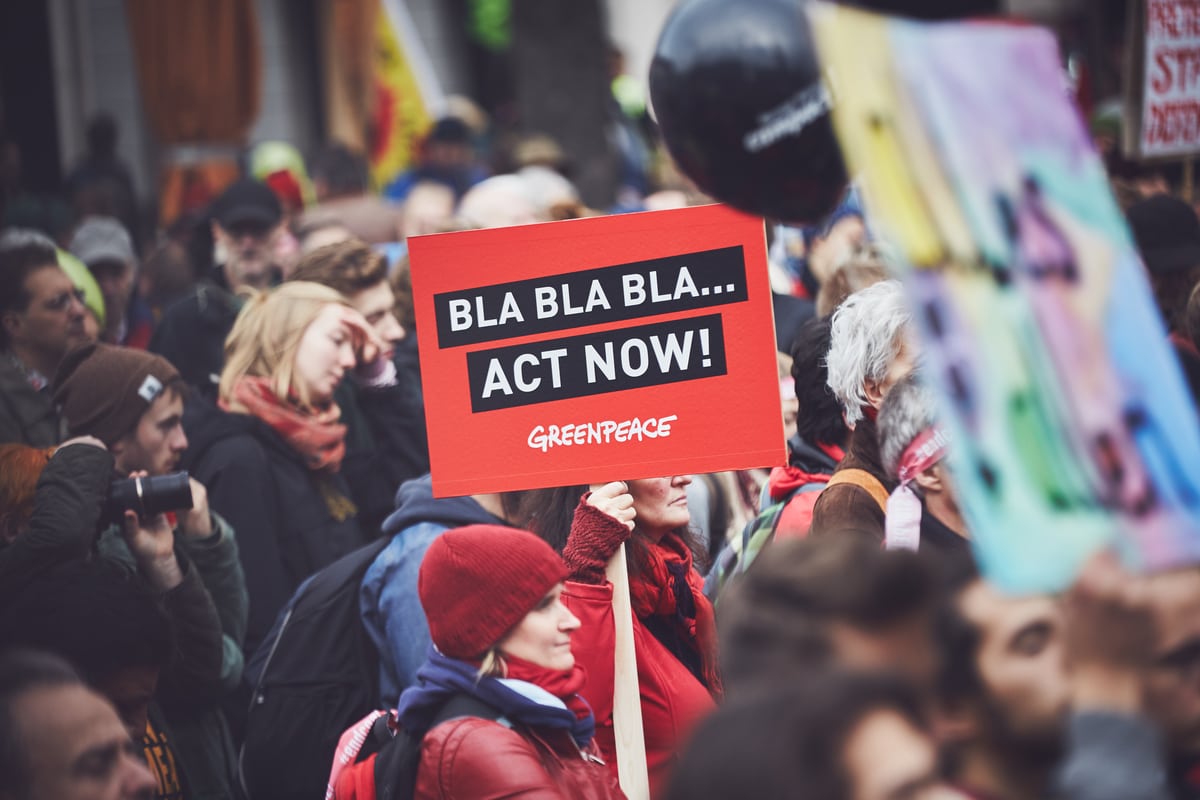
The twenty-third session of the Conference of the Parties (COP 23) takes place from 6-17 November in Bonn and will be presided over by the Government of Fiji.|Greenpeace activists gathered outside the Samsung store in New York City demanding the the company end its reliance on dirty energy like coal. Activists sent the message to Samsung to #DoBiggerThings and switch to 100% renewable energy.|South Australian community representatives and activists tell Norwegian oil major Statoil their oil rigs are not welcome in the Great Australian Bight.
Standing outside the annual Australian Petroleum Production and Exploration Association (APPEA) conference on black carpet representing the dangers of an oil spill, the community leaders launched an open letter to Statoil which will be read out later today by Kangaroo Island Mayor Peter Clements as Statoil’s annual general meeting opens in Stavanger, Norway.||One day before the G7 Summit starts in Charlevoix (Québec), facing Parliament hill in Ottawa, Greenpeace Canada staff and volunteers deployed a large plastic bag shaped sign (measuring 16 feet high x 12 feet wide) in front of the Prime Minister’s office that read ‘Ban Single-Use Plastics’. The message was emphasized with another banner that read ‘G7: Recycling Won’t Cut It’.|Greenpeace activists protest against TOTAL’s plans to drill in Amazon despite recent evidence of Reef and wide biodiversity in the area. Armed with Brazilian batucada, banners and a smile, 250 activists from Greenpeace and ANV-COP21 got inside the Palais des Congrès in Paris, where Total’s 2018 Shareholders’ Meeting was planned. Outside, climbers, activists and volunteers were standing in front of the building, some playing music, some with banners including two strong messages : “Save the Amazon Reef” and “Total persists, we resist”.|Greenpeace activists protest against TOTAL’s plans to drill in Amazon despite recent evidence of Reef and wide biodiversity in the area. Armed with Brazilian batucada, banners and a smile, 250 activists from Greenpeace and ANV-COP21 got inside the Palais des Congrès in Paris, where Total’s 2018 Shareholders’ Meeting was planned. Outside, climbers, activists and volunteers were standing in front of the building, some playing music, some with banners including two strong messages : “Save the Amazon Reef” and “Total persists, we resist”.|Greenpeace supporters joined hundreds of people at a Valentines-themed rally outside Commonwealth Bank’s Sydney headquarters, escalating pressure on Australia’s Big Four banks to rule out funding Adani’s Queensland coal project which threatens to destroy the Great Barrier Reef. The colourful event, taking place the day before Valentines Day, is one of hundreds being held across the world as part of Global Divestment Day. The event was organised by 350.org and partnered with AYCC, Greenpeace, GetUp and other Environmental groups.||Sunset with the vessel Siome in the horizon, part of the “Stop Deep Sea Oil” flotilla, keeping a lonely vigil protesting against seismic survey operations off East Cape.|Sydney-siders gather outside the Senate Inquiry into Register of Environmental Organisations to defend the tax-deductible status of campaigns that protect the Earth. CEO David Ritter gives evidence earlier to defend the independence of environment groups.|Greenpeace activists in Maranhão, Brazil, protest against TOTAL’s plans to drill near the Amazon Reef and illustrate the risks of an oil spill in the region. The aim of this action is to raise awareness amongst TOTAL customers about the risks of drilling in such a sensitive area, less than 30 km away from the reef.
This global day of action is part of a campaign led by Greenpeace since the Amazon Reef was revealed in 2016 and photographed for the first time this year. An expedition undertaken by the organization in January 2017 with a team of scientists captured the first underwater images of the reef. But there is still so much to discover. According to scientists, only 5% of the reef has been explored.
Ativistas do Greenpeace de Maranhão protestam contra os planos da empresa TOTAL de perfurar à procura de petróleo próximo aos Corais da Amazônia, e ilustram os riscos de um vazamento de petróleo na região.
O objetivo da ação é atentar os clientes da TOTAL para os riscos de perfuração em uma área tão sensível, a menos de 30 km dos corais.
Este Dia de Ação Global é parte de uma campanha do Greenpeace realizada desde que os Corais da Amazônia foram divulgados, em 2016, e fotografados pela primeira vez neste ano. Uma expedição feita em janeiro de 2017, que contou com um time de cientistas, registrou imagens inéditas dos corais. Mas ainda há muito a se descobrir: de acordo com os cientistas, conhecemos apenas 5% dos corais.|
2018 is far from over, but what a year it has already been! Thanks to the actions of millions of volunteers, supporters and donors, Greenpeace and our allies have been able to expose environmental threats and make progress toward their solutions all around the world.
Let’s take a look at some of the successes we’ve had in recent months…
1. Samsung Electronics – Commitment to 100% renewables (June 2018)
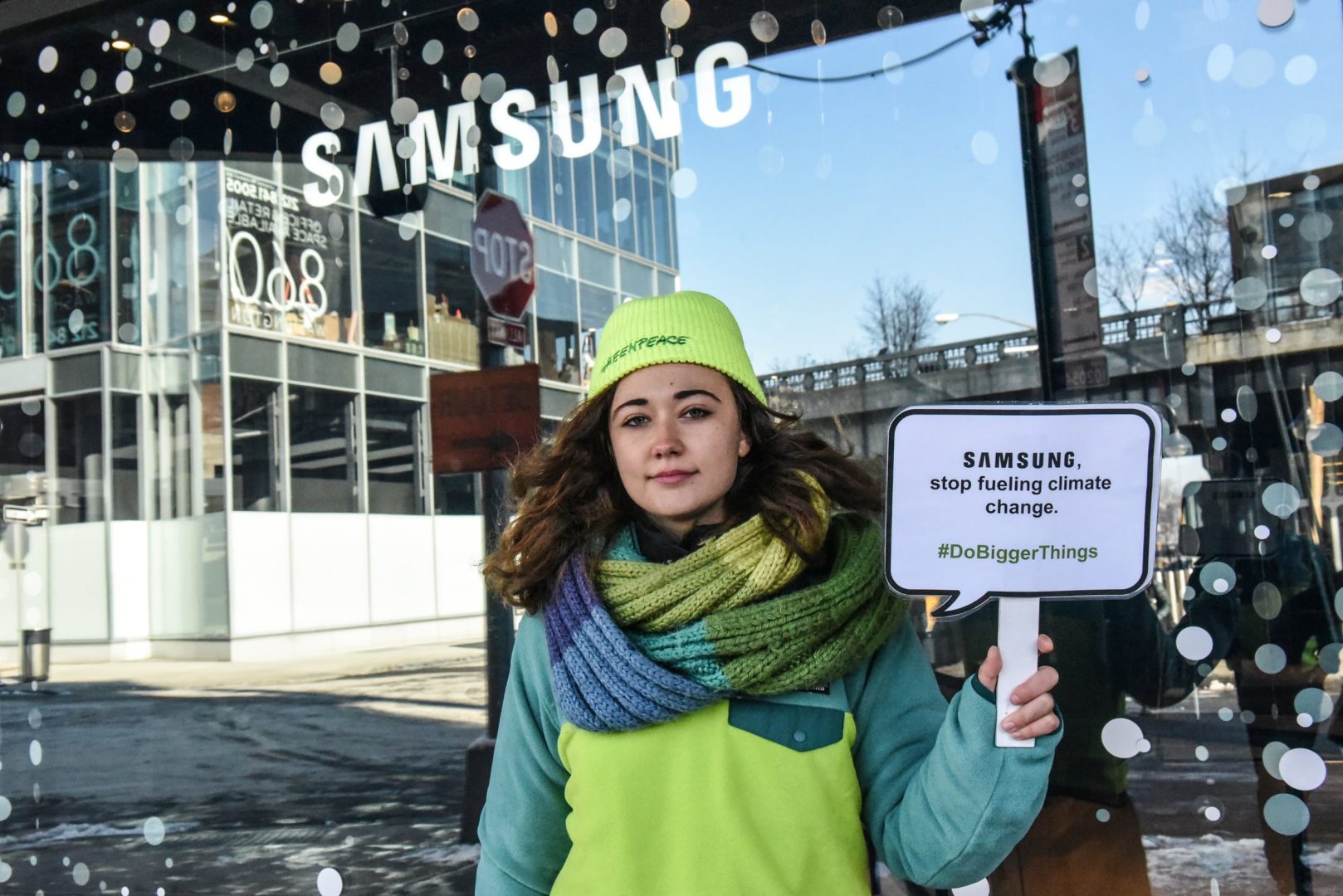
© Stephanie Keith / Greenpeace
Since December 2017, activists have been calling on Samsung to “Stop Fuelling Climate Change”, challenging the tech giant to take immediate action and publicly commit to 100% renewables. Come June 2018, these demands were heard, and the company committed to 100% renewables in its operations in the United States, Europe, and China by the year 2020.
In other words, the collective voice of everyday people was able to bring about significant change in a prominent and impactful tech company. Not only does this ensure a cleaner future for Samsung, but the victory also sets a precedent for other worldwide companies to consider and implement more progressive environmental policies. Read more about the full details of Samsung’s commitments to a greener future here.
2. Statoil rebrands to form Equinor (May 2018)
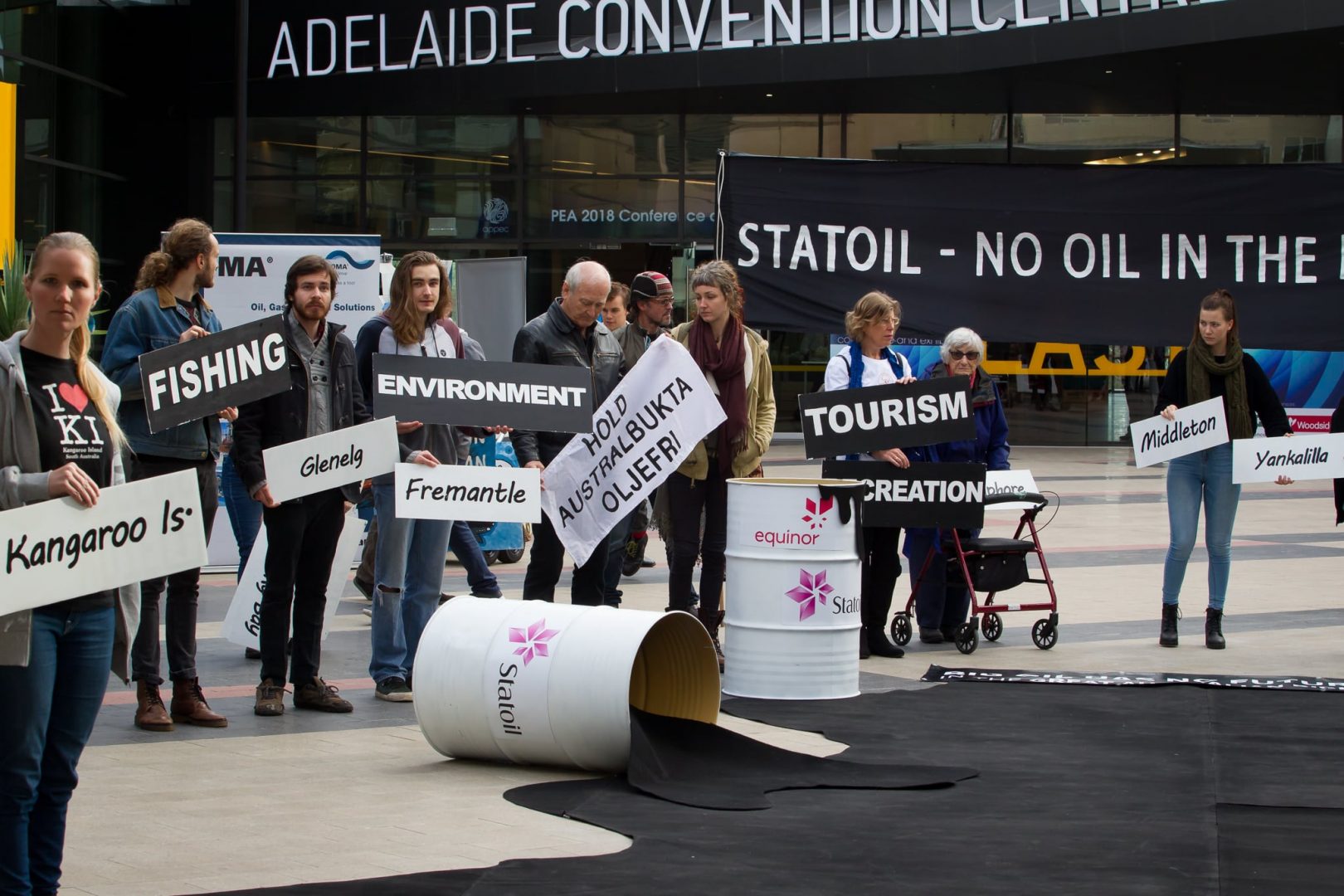
© Jo-Anna Robinson / Greenpeace
Did you ever imagine that your support for Greenpeace could contribute to the rebranding of a massive fossil fuel company? Think again: this was exactly the case for the formerly known company, Statoil (now Equinor), in a likely attempt to dissociate themselves from the harmful practices and dangerous consequences of oil drilling. The company can take the oil out of their name, but it will be much trickier to take the oil out of an impending, likely spill that could result from drilling in the Great Australian Bight.
This is an example of how people power can expose a company and their unacceptable environmental practices. We know that combining oil drilling and pristine natural environment is a recipe for irreversible destruction. We’re not fooled by Statoil changing their name, we still know what they stand for.
With Equinor still circling the Bight, our #FightfortheBight campaign is far from over. Our crew are continuing to pressure the Government to protect the Great Australian Bight and fight for local communities and the health of a unique marine environment.
3. Coles and Woolies Pledge to Reduce Ridiculous Plastic Packaging on Fresh Produce (June 2018)
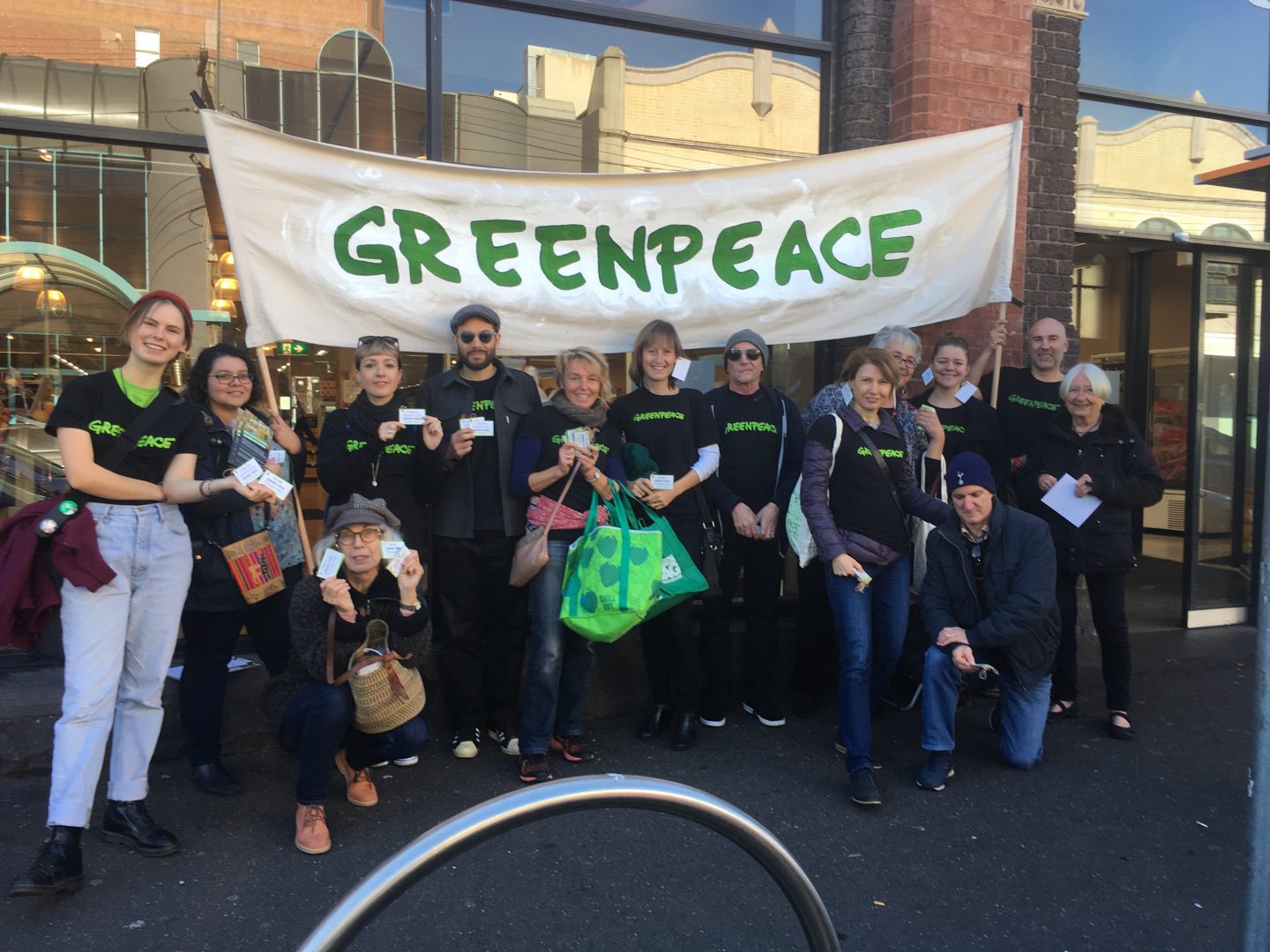
Greenpeace Melbourne Local Group volunteers at their Plastic Day of Action. Photo by Isobel Hutton.
Our oceans, coastlines, and beaches are prized and scenic, but they are also at great risk of harmful plastic pollution. A truckload of plastic waste enters the ocean every single minute. What’s worse is the single use plastic conundrum isn’t easing up: if anything, more plastic is being produced than ever before, entering the environment as pollution.
We’ve been tirelessly campaigning against single-use plastics on produce packaging in Coles and Woolies grocery stores. This year, our volunteers, supporters and activists called out these companies and demanded change through petition signing, online campaigning and Plastic Days of Action around the country.
And our voices were heard! Just a few weeks ago, both chains released announcements that they would begin trialling reduced use of excessive single-use packaging from fruits and veggies.
This is a huge step in the right direction, but we want to make sure these aren’t just empty promises. So we’re keeping pressure on the supermarkets by keeping our plastic campaign very much alive and ready to hold these businesses to their commitments. We expect substantial, visible change in the grocery aisles in the near future.
4. Coles and Woolworths Ban the Bag (June 2018)
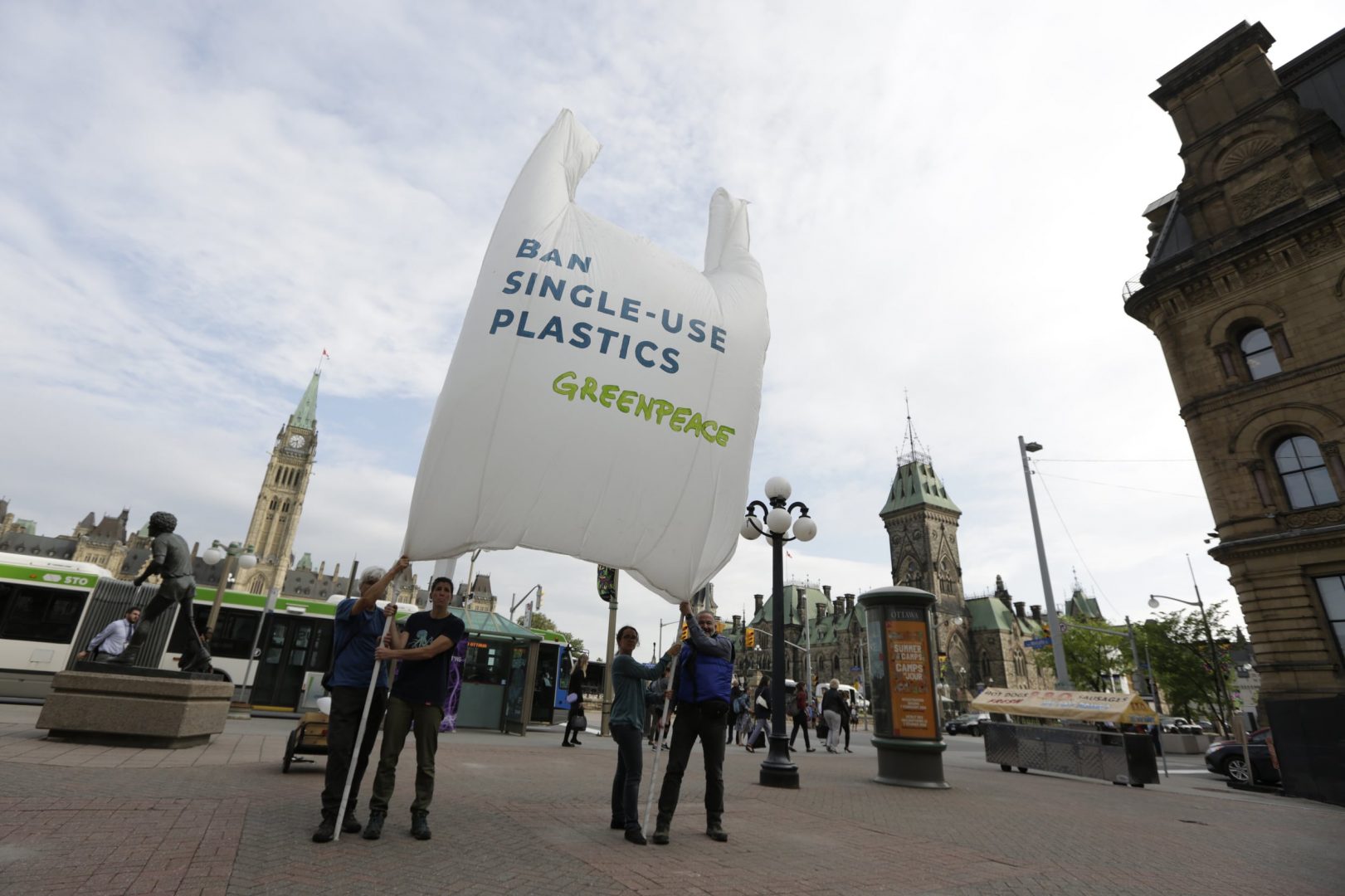
© David Kawai / Greenpeace
Continuing with the attack on single-use plastics, Woolies and Coles, along with some other chain stores in Australia, have listened to the call of thousands of Australians to ban the bag. Plastic bags are a large source of plastic pollution, and they are not by any means in short supply: Australians use around 4 billion plastic bags every year – that’s a whopping 10 million or so each day.
Unfortunately there are still are plastic options in stores, such as reinforced, heavy duty bags available for an additional price. Step by step we’re making progress, but there’s still a long way to go. They say change is a marathon, not a sprint!
5. Charities Get an Exemption from the FITS Bill (June 2018)
Wait, the what Bill?
FITS stands for Foreign influence and Transparency Scheme. This proposed law would establish a new global register, where anyone engaging in activities in Australia aimed at “influencing politics” that is acting on behalf of foreign individuals or entities would have to sign up or face hefty penalties. Seems legit, but the devil is in the details.
Most charities and not-for-profits that receive any kind of support or donation from outside Australia (with an exemption for “humanitarian aid” groups) would have to register in the Scheme. Greenpeace Australia Pacific is part of a global organisation–we support and are supported by a family of Greenpeace offices around the world. We would, therefore, need to register and face a huge, unnecessary increase in administrative burden.
Greenpeace and allies have been campaigning against the FITS Bill and two other equally scary bills which pose a threat to democracy and our work protecting the environment. Our crew of supporters have been activating this critical campaign, sending thousands of emails and making calls to key politicians.
In response to lobbying from key groups and an onslaught of public pressure, charities have now received an exemption from the FITS bill. If you’ve ever felt that you couldn’t influence decisions that happen in Parliament, this is proof that your voice can be heard.
Unfortunately, our work defending democracy is far from over, as the remaining two toxic bills pose very serious threats to the work of advocacy organisations like Greenpeace, and our civil society as a whole here in Australia. Want to take action to defend democracy? You can do so here.
6. Activist Interruption of Total Oil Company’s Annual General Meeting (June 2018)
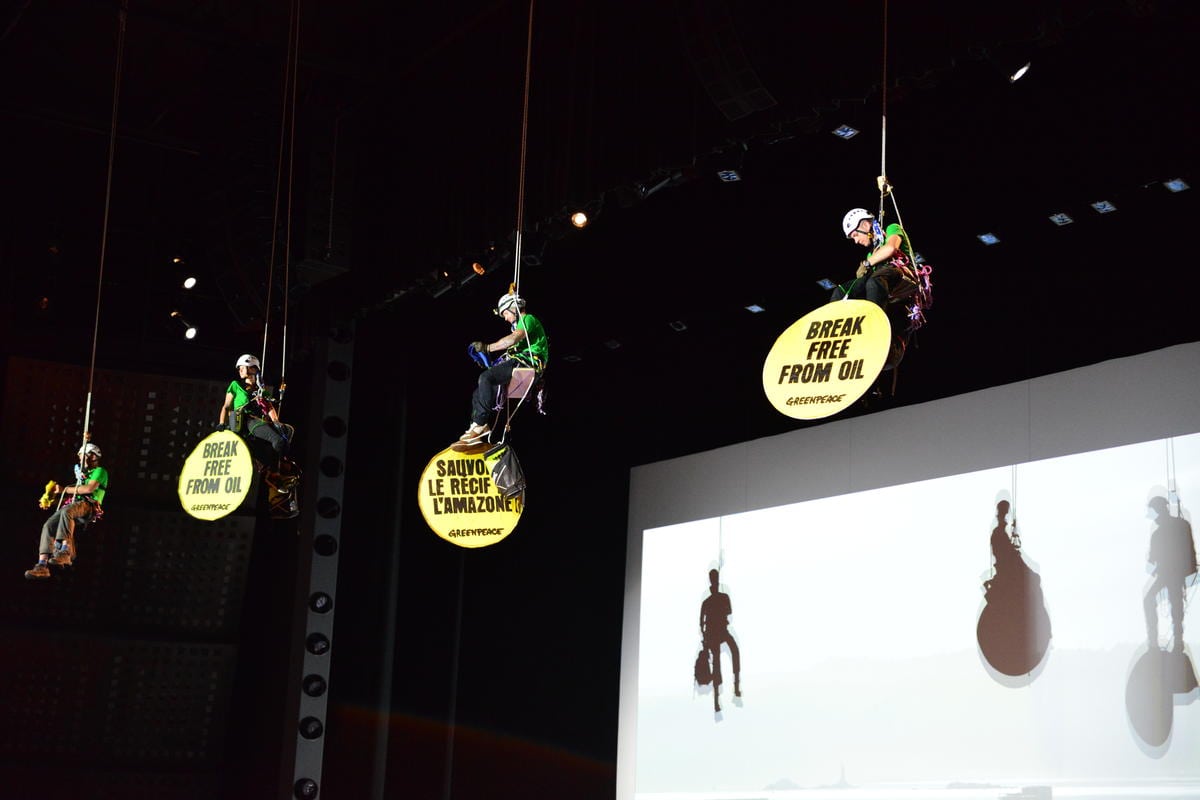
© Guenole LE GAL / Greenpeace
How do you get the attention of the fossil fuel industry and spectators from around the world? Plan and execute a bad-ass protest stunt at a Big Oil AGM, that’s how.
This month, oil giant Total’s annual general meeting was disrupted by more than 250 activists from Greenpeace and ANV-COP21. The action peacefully, yet powerfully, protested Total’s plans to drill near the Amazon Reef off the coast of Brazil. The activists hailed from 10 different countries and are backed by over two million signatories to a global petition to stop dangerous oil drilling in the area. Several climbers deployed banners from the ceiling, saying “Save the Amazon Reef” in several languages.
Actions such as these show the power in uniting under a single cause. Activists who support and spread the message of Greenpeace create a global community of progressive environmental thinking and foster an environment of genuine care for the world. This collaboration forms a strong foundation in which all our efforts build upon.
Catch the power and beauty of collective action on video here.
7. The campaign to stop the Adani Mega-Mine (February 2018)
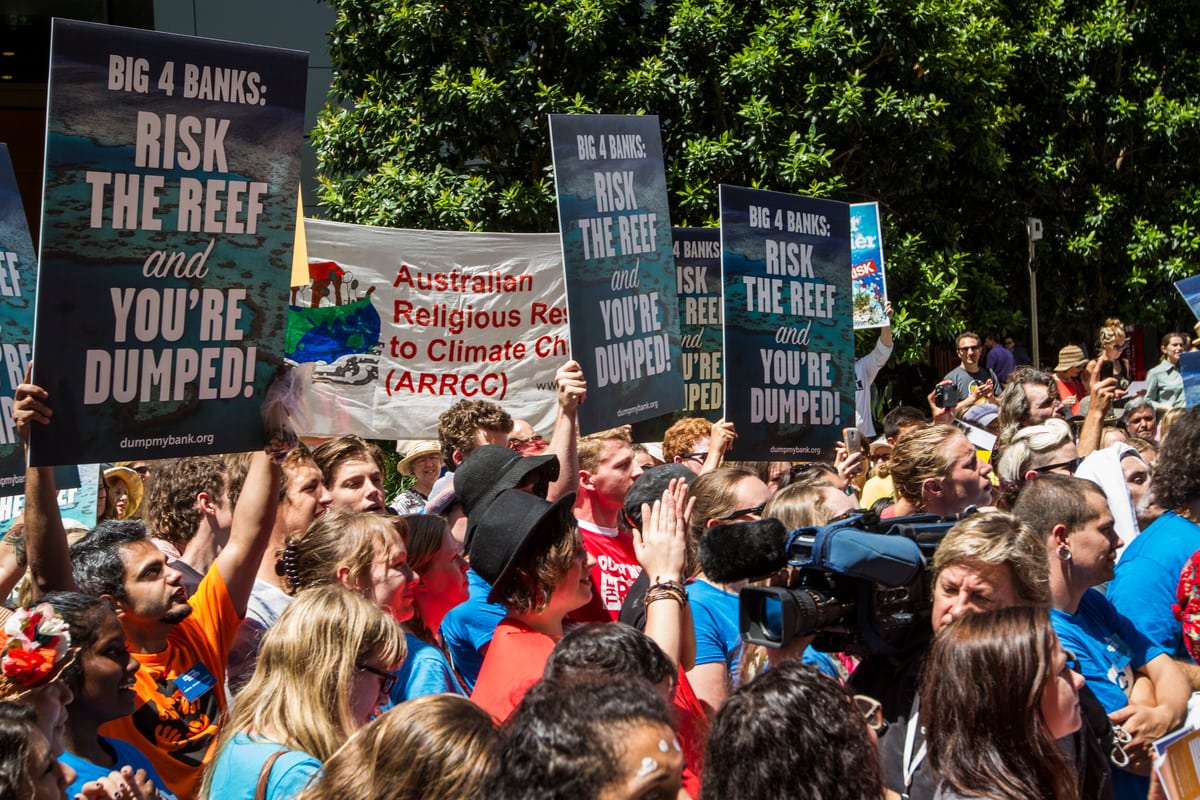
© Greenpeace / Abram Powell
The campaign to stop Adani’s Carmichael mega-mine is one of the most powerful movements to stop coal in Australia’s history.
Greenpeace, alongside an alliance of allies, are helping to slowly dismantle the feasibility of the Adani mine, beginning in 2017 with CommBank breaking financial ties with the evolving project. We continue to make progress, and in February of this year rail operator Aurizon said that it had withdrawn its loan application to the Northern Australia Infrastructure Facility after failing to secure contracts with proposed coal mines in the region. Aurizon joined CommBank as they walked away from the project bound to cause harm for years to come.
The Adani story is one of people standing up for what they believe in. People power has blocked the progression of the mine, and with your support people power will help to block it all together.
8. New Zealand Oil Exploration Ban (April 2018)
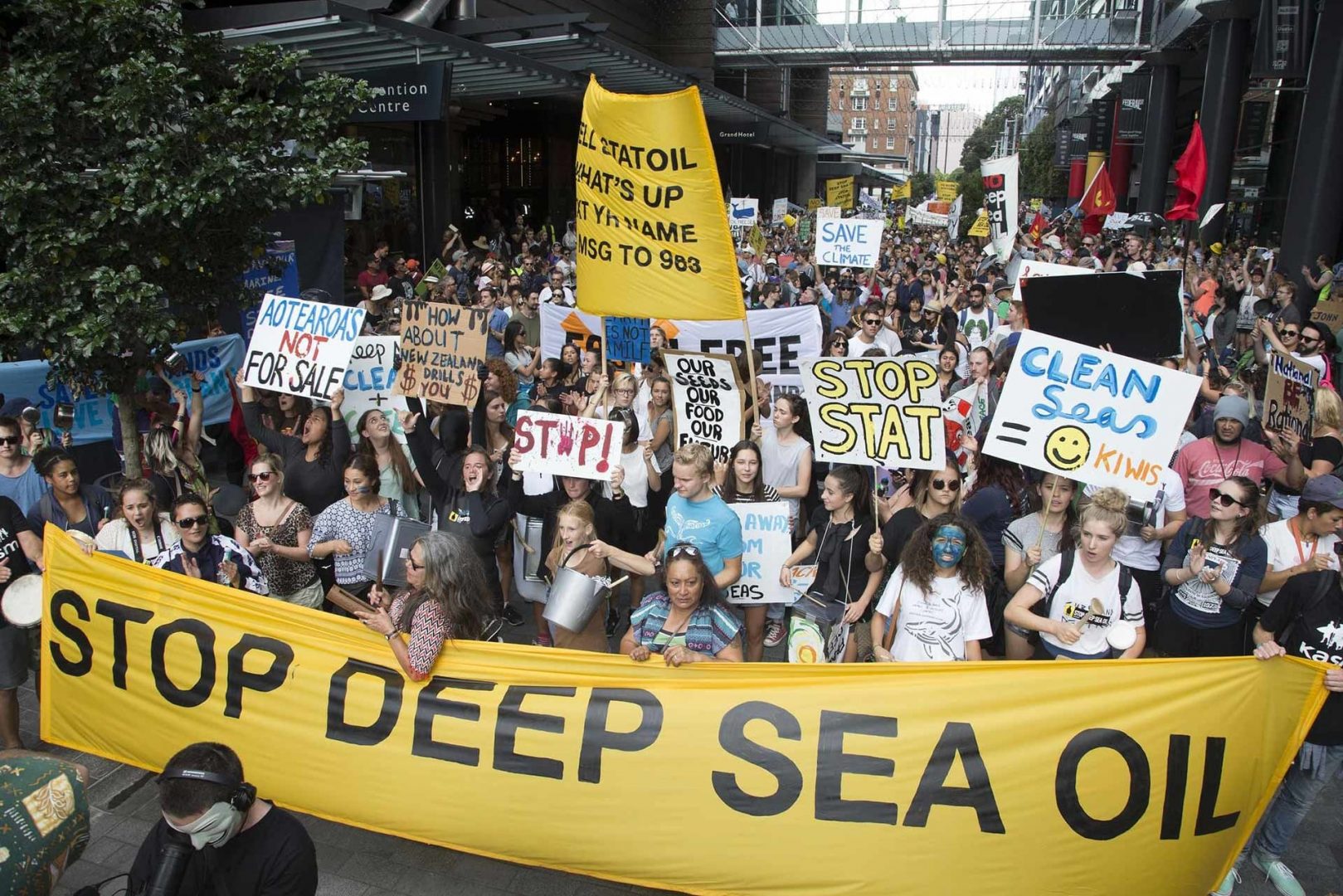
Photo credit: Greenpeace New Zealand
This one was huge! Earlier this year, New Zealand’s government banned all new offshore oil and gas exploration, representing a historic climate win. The ban has come after seven years of growing public protests around the country, which has sent a powerful message to the fossil fuel industry: the New Zealand public, including Indigenous communities, do not want risky oil exploration in their backyard.
Over the past seven years, hundreds of thousands of people have marched, petitioned, and blockaded in opposition to oil exploration. There is certainly strength in numbers, and New Zealand has constructed perfect blueprints for other countries to follow suit. Watch New Zealand make a historic stand to Big Oil here.
People power is bringing down the age of oil, but there are still critical battlefronts yet to be won. For example, the one happening right here in Australia’s pristine Great Australian Bight.
What’s Next?
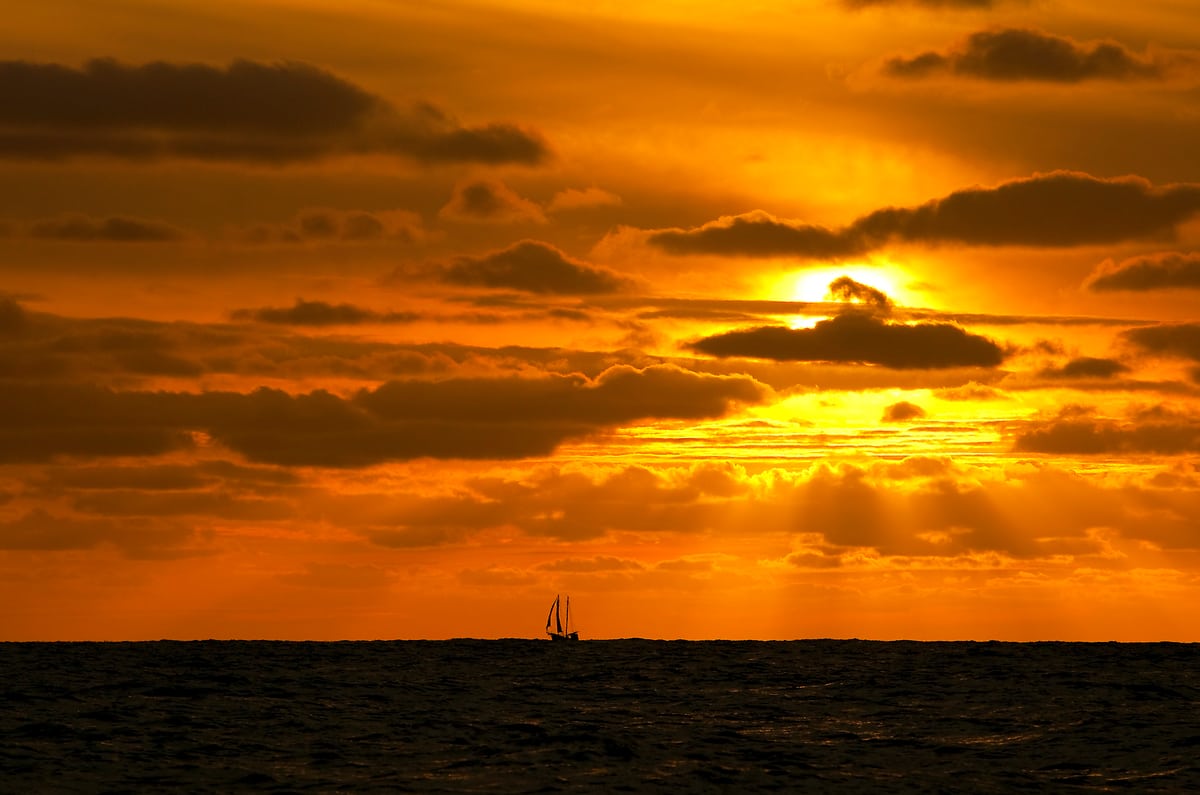
© Malcolm Pullman / Greenpeace
There’s still a mountain of vital work to be done, but luckily, we don’t give-up easily. With the help of our crew, we will continue to expose environmental abuses by carrying out non-violent actions to raise awareness of our need for protect our oceans, forests, water supplies and our climate.
Did you know that Greenpeace is 100% supporter-funded? This allows us to make independent decisions and take action on campaigns that are most critical. Financial independence keeps us true to the people and the causes that we serve. It also means we rely 100% on individual supporters like you to fund our work.


